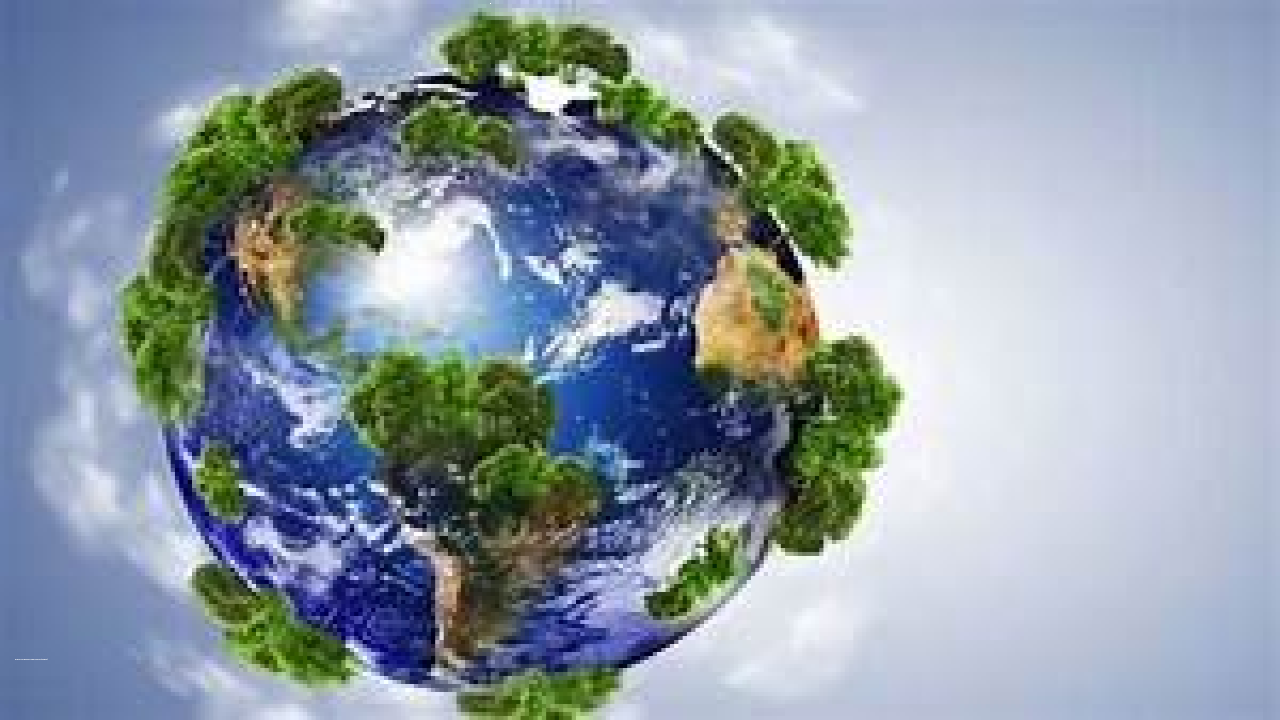Influence of Man on Ecology and Environment
The environment is essential for human survival, and human activities have had a significant impact on the ecology and environment. The way humans use natural resources, dispose of waste, and consume energy has led to environmental degradation, biodiversity loss, and climate change. Understanding the influence of man on ecology and environment is crucial in developing sustainable practices to ensure the preservation of our planet for future generations.
Meaning and History of Man’s Influence on Ecology and Environment
Human activities have always had an impact on the environment, but the magnitude and scale of this impact have increased dramatically in recent times. The Industrial Revolution, which began in the 18th century, brought about significant changes in the way humans used natural resources and energy. This period marked the beginning of the exploitation of fossil fuels, which has led to increased pollution levels and global warming.
Types of Man’s Influence on Ecology and Environment
- Deforestation: Deforestation is the clearing of forests for agriculture, urbanization, and other human activities. This activity leads to the destruction of natural habitats and biodiversity loss, and it is a significant contributor to global warming.
- Pollution: Pollution is the release of harmful substances into the environment, including air, water, and soil. Human activities such as industrialization, transportation, and agriculture lead to high levels of pollution, which have a significant impact on the health of humans and ecosystems.
- Climate Change: Climate change is a global issue caused by the accumulation of greenhouse gases in the atmosphere. Human activities such as the burning of fossil fuels and deforestation contribute to the increase in greenhouse gas concentrations, leading to rising temperatures, sea level rise, and extreme weather events.
- Overexploitation of Natural Resources: Overexploitation of natural resources, including water, minerals, and forests, is a significant environmental issue caused by human activities such as mining, overfishing, and deforestation. This activity threatens the sustainability of ecosystems and human societies.
Examples of Man’s Influence on Ecology and Environment
Air Pollution: Air pollution is caused by human activities such as transportation, industrialization, and energy production. This pollution leads to respiratory problems and other health issues in humans, as well as ecological damage.
- Deforestation: Deforestation is a significant issue caused by human activities such as agriculture, logging, and urbanization. This activity leads to biodiversity loss and contributes to climate change.
- Climate Change: Climate change is a global issue caused by human activities such as the burning of fossil fuels and deforestation. This activity leads to rising temperatures, sea level rise, and extreme weather events, which have significant impacts on human societies and ecosystems.
- Overfishing: Overfishing is an environmental issue caused by human activities such as commercial fishing. This activity leads to a decline in fish populations, which threatens the sustainability of marine ecosystems.
Man’s Influence on Ecology and Environment Issues
- Climate Change: Climate change is a significant environmental issue caused by human activities such as the burning of fossil fuels and deforestation. This activity leads to rising temperatures, sea level rise, and extreme weather events, which have significant impacts on human societies and ecosystems.
- Biodiversity Loss: Biodiversity loss is a significant environmental issue caused by human activities such as deforestation, urbanization, and agriculture. This activity threatens the sustainability of ecosystems and human societies.
- Pollution: Pollution is a major environmental issue caused by human activities such as transportation, industrialization, and agriculture. This pollution leads to health problems in humans and ecological damage.
- Overexploitation of Natural Resources: Overexploitation of natural resources is an environmental issue caused by human activities such as mining, overfishing, and deforestation. This activity threatens the sustainability of ecosystems and human societies.
- Land Use Change: Land use change, such as deforestation and urbanization, is a significant environmental issue caused by human activities. This activity leads to the destruction of natural habitats and biodiversity loss.
- Waste Disposal: The improper disposal of waste is an environmental issue caused by human activities such as industrialization and urbanization. This activity leads to pollution and health problems in humans and ecosystems.
- Invasive Species: The introduction of invasive species by humans is an environmental issue that threatens the biodiversity of ecosystems. These species can outcompete native species, leading to the destruction of natural habitats and the disruption of ecological processes.
- Water Pollution: Water pollution is an environmental issue caused by human activities such as agricultural runoff, industrialization, and improper waste disposal. This pollution leads to health problems in humans and the destruction of aquatic ecosystems.
Strategies to Address Man’s Influence on Ecology and Environment
- Reduce the use of fossil fuels: The burning of fossil fuels is a significant contributor to climate change. To address this issue, humans can reduce their reliance on fossil fuels and transition to renewable energy sources.
- Sustainable land use practices, such as conservation agriculture and Promote sustainable land use: reforestation, can help to mitigate the impacts of deforestation and biodiversity loss.
- Reduce pollution: Humans can reduce pollution levels by promoting sustainable transportation, reducing the use of harmful chemicals in agriculture and industry, and proper waste disposal practices.
- Promote biodiversity conservation: Biodiversity conservation is crucial in preserving the health and stability of ecosystems. Humans can promote biodiversity conservation through protected areas, restoration of degraded habitats, and reducing the introduction of invasive species.
- Increase public awareness: Increasing public awareness about the impacts of human activities on the environment is crucial in promoting sustainable practices and reducing the negative impacts of human activities.


